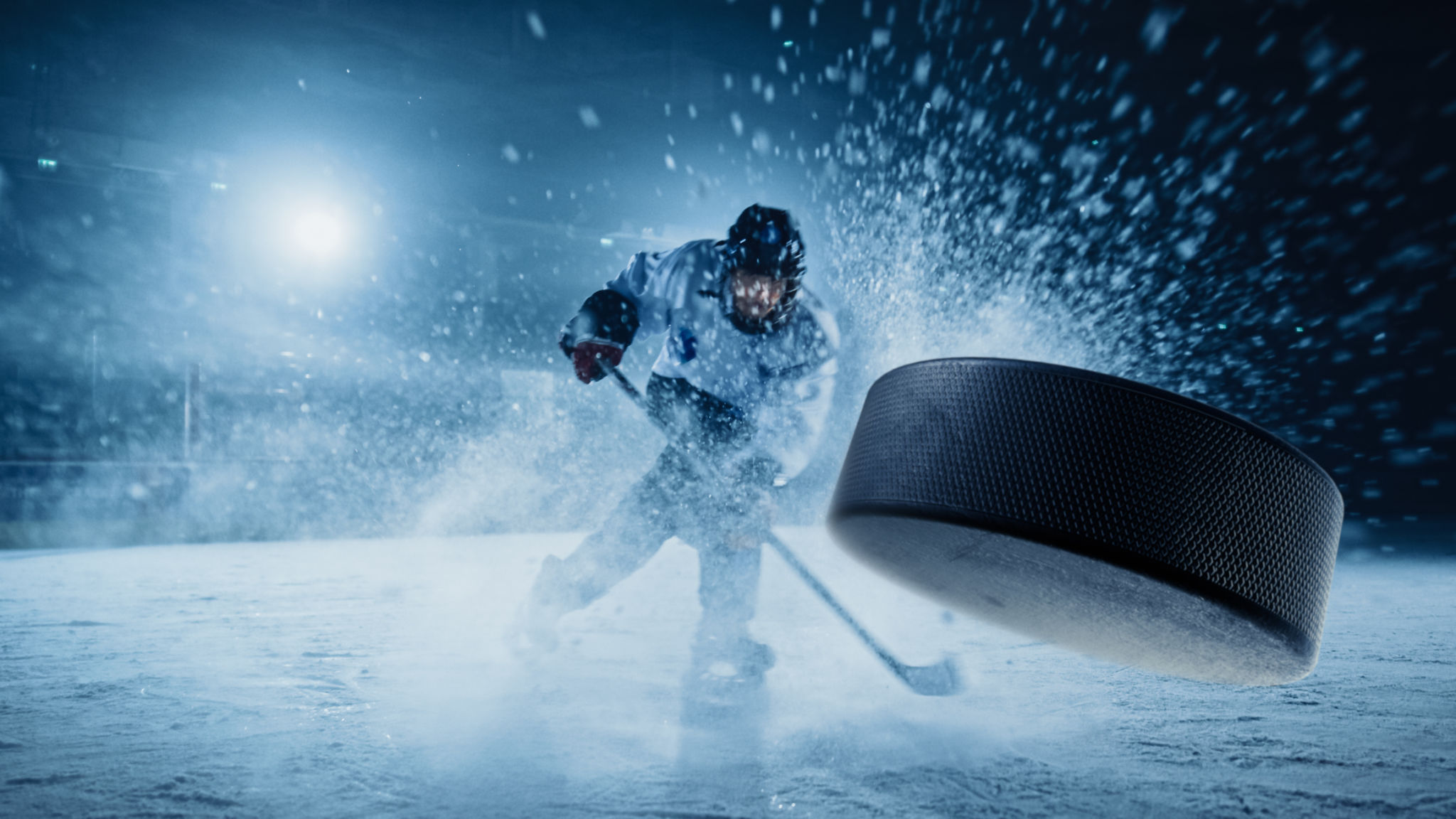Maximizing Athlete Performance: Coaching Techniques for Ontario Ice Hockey Players
Understanding the Game: A Foundation in Ice Hockey
Ice hockey is a fast-paced and physically demanding sport that requires not only skill but also strategic thinking. For coaches working with Ontario ice hockey players, building a strong foundation in the basics of the game is crucial. This involves teaching players about the rules, positioning, and the importance of communication on the ice. By focusing on these fundamental aspects, coaches can help players develop a deeper understanding of the game, setting the stage for enhanced performance.

Implementing Skill Development Drills
Skill development is a cornerstone of maximizing athlete performance. Coaches can incorporate a variety of drills that focus on skating, stickhandling, shooting, and passing. These drills should be designed to challenge players and push them beyond their comfort zones. By consistently practicing and refining these skills, players can improve their agility, accuracy, and overall gameplay.
Building Physical Conditioning
Physical conditioning is essential for ice hockey players to perform at their best. Coaches should implement strength and conditioning programs that enhance endurance, speed, and strength. This can include off-ice workouts such as weight training and cardiovascular exercises, as well as on-ice conditioning drills. A well-rounded fitness regimen helps players maintain peak physical form throughout the season.

The Role of Mental Preparation
Mental toughness is just as important as physical prowess in ice hockey. Coaches can help players develop mental resilience through techniques such as visualization, goal setting, and stress management. Encouraging players to focus on positive thinking and maintaining a growth mindset can significantly impact their performance on the ice.
Utilizing Video Analysis
Video analysis is a powerful tool for improving player performance. By reviewing game footage, coaches can identify areas where players excel and where they need improvement. This allows for tailored feedback and targeted training sessions. Video analysis also helps players visualize their movements and understand strategic plays better.

Fostering Team Dynamics
Teamwork is integral to success in ice hockey. Coaches should emphasize the importance of collaboration, trust, and communication among team members. Team-building activities both on and off the ice can strengthen bonds and improve overall team dynamics. A cohesive team is more likely to perform well under pressure.
Incorporating Nutrition and Recovery
Proper nutrition and recovery strategies are vital components of an athlete's performance plan. Coaches should work with nutritionists to ensure players are consuming balanced diets that support energy levels and muscle recovery. Additionally, emphasizing the importance of rest, hydration, and recovery techniques like stretching and ice baths can prevent injuries and enhance performance.

Continuous Learning and Adaptation
The world of ice hockey is constantly evolving, with new techniques and strategies emerging regularly. Coaches should remain committed to continuous learning by attending workshops, seminars, and staying updated with the latest trends in coaching methodologies. Adapting to new approaches ensures that both coaches and players remain competitive at the highest levels.
By implementing these coaching techniques, Ontario ice hockey players can maximize their performance on the ice. The combination of foundational skills, physical conditioning, mental preparation, teamwork, nutrition, and continuous learning creates a holistic approach that prepares athletes for success in the demanding world of ice hockey.
